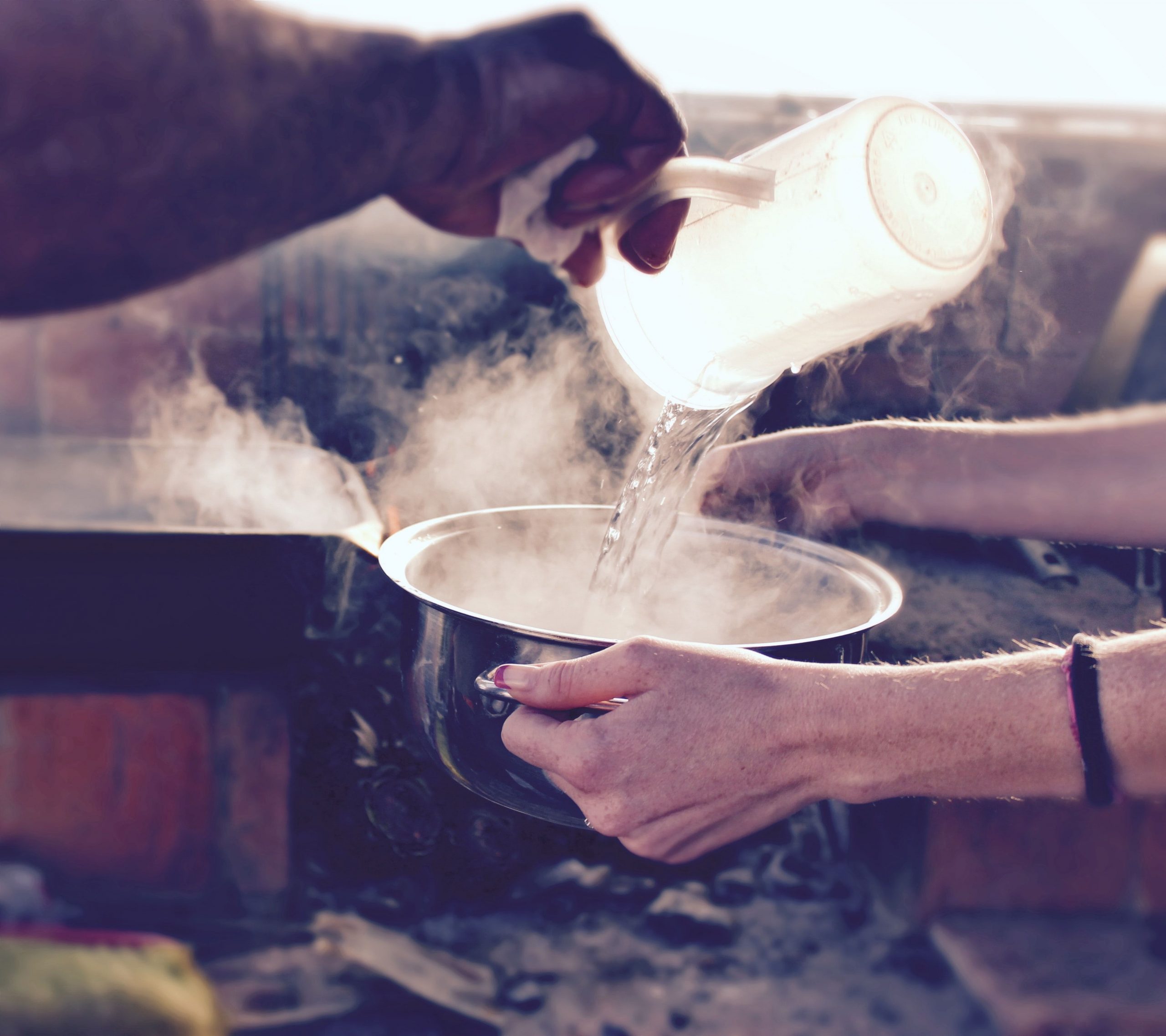A boil
water advisory was issued by the Great Lakes Water Authority (GLWA) after a
break was reported in a critical water pipe on Saturday. Nearly 935,000 people
in 23 communities will be affected by the leak, including in Flint, Pontiac,
Sterling Heights, Clinton Township, Utica and Troy, GLWA said. Authorities have
decided to boil water before drinking it.
The Center
for Diseases Control and Prevention (CDC) says that under a boil water advisory,
water should be brought to a rolling boil for one minute before it is consumed
to kill protozoa, bacteria and viruses. At altitudes above 2,000 metres,
boiling should be extended to three minutes, as the lower boiling point at high
altitudes requires more time to kill such organisms.
Also Read | GLWA issues boil water advisory after Detroit water main leak
Boil water
advisories or BWAs are typically issued when water monitoring detects sewage
contamination in drinking water. Another reason for issuing of a BWA is a
failure of distribution system integrity evidenced by a loss in system
pressure.
The loss in
water pressure could cause bacterial contamination in the water system; boiling
water before using it will kill bacteria and other organisms that may be in the
water, GLWA said.
Also Read | Apple launches pricey smart water bottle that records liquid intake
It advised
residents in affected areas to boil water for at least one minute and then
bring it to a cool before using. Boiled, bottled or disinfected water should be
used for drinking, making ice, washing dishes, brushing teeth and preparing
food until further notice, as per the advisory.
Also Read | 7 reasons why you should shift to drinking water from a copper vessel
The premise
of the boil water advisory came with the germ theory of disease being applied
to public health. John Snow’s 1849 recommendation that water be “filtered and
boiled before use” is one of the first practical applications of the theory.
The modern boil-water advisory is based solely on germ theory of disease.







